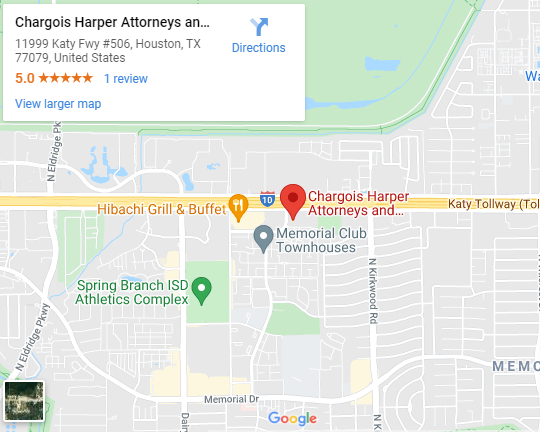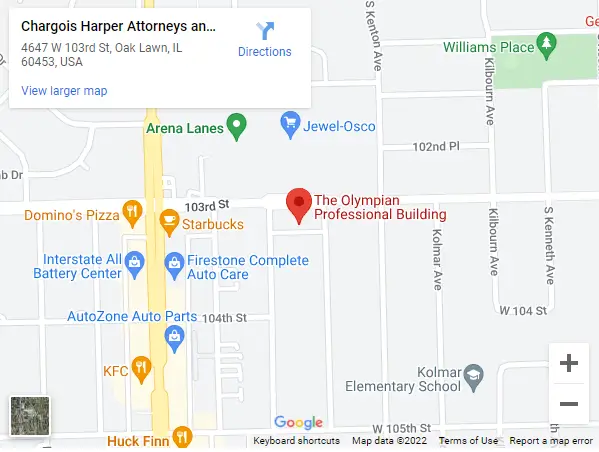Breach of Fiduciary Duty
Fiduciary Duty
The presence of a fiduciary relationship is required in Texas to demonstrate the breach of fiduciary duty elements. When an individual (fiduciary) is entrusted to advise or act primarily for the benefit of or in the interests of another individual, a fiduciary relationship exists. Furthermore, the fiduciary must be legally empowered to act. Contractual authority is the most common method of establishing authority. A fiduciary must behave in good faith and with loyalty, regardless of personal motivations. The following are examples of fiduciary relationships recognized by Texas courts:- An attorney-client relationship
- Relationship between a religious leader and a congregant
- Relationship between trustee and beneficiary
- Relationship between business partners
- Relationship between CEO and organization and shareholders
- Relationship between homeowners’ association and members
- Certain employer-employee relationships where the employee has a high level of authority
Breach of Duty
A fiduciary duty is one of the highest degrees of legal responsibility owed to another person. Fiduciaries owe the highest level of trust to the people for whom they act. Fiduciary duties are divided into two categories: the duty of care and the duty of loyalty. The fiduciary’s duty of care compels them to behave with reasonable caution and diligence in carrying out their responsibilities to serve the best interests of the person to whom they owe that duty. A CEO’s inability to attend board meetings regularly, an attorney’s failure to communicate appropriately with their client, or an asset manager mismanaging client assets are all examples of a breach of the fiduciary duty element. The fiduciary’s duty of loyalty demands them to prioritize the interests of the person to whom they owe an obligation over their own. Any conflicts of interest should also be disclosed by fiduciaries. Self-dealing and direct rivalry with the person for whom they are acting are prohibited under the duty of loyalty. An executive obtaining trade secrets from their firm and utilizing them to start a competitor business across the street is an example of a conflict of interest and self-dealing.Damages
Plaintiffs who have suffered noneconomic personal damage may file a breach of fiduciary duty lawsuit. The emotional discomfort and even jail are examples (for example, resulting from attorney malpractice). In most cases involving commercial relationships, the plaintiff must have experienced some type of economic damage. Profits lost, potential losses and reputational harm are all common ailments. You may be able to get a court order to recover any advantages the fiduciary unlawfully obtained by breaking their fiduciary duties in some situations. In addition, if a plaintiff can establish that the defendant’s violation was intentional or egregious, punitive damages may be available.Causation
The plaintiff must establish that the fiduciary’s reckless or disloyal behavior produced the asserted harm in the final breach of fiduciary duty element. The plaintiff must show that the fiduciary’s behavior was a “significant contributing cause” of the harm to satisfy the causation element, according to Texas courts. This means that just relying on a deliberate deception will serve to show causation, even if the reliance isn’t the only—or even the most important—factor contributing to the damage.
- Statutory (in which the law explicitly describes the relationship)
- Common-Law (in which courts decide that certain relationships are fiduciary)
Fiduciary Duty of Obedience
Officers and directors of a corporation have varied obligations, which the fiduciary duty of obedience recognizes. Officers and directors must carry out their responsibilities within the area of their authorized power under the law and the appropriate corporate governing laws to fulfill this responsibility. This duty may be of particular relevance for nonprofit companies when executives and directors are expected to carry out their responsibilities following the benevolent aims of the organization. An office or director may, for example, breach their duty of obedience by failing to follow donor pledge limits or allowing nonprofit resources to be utilized for non-charitable reasons.Fiduciary Duty of Loyalty
A corporation’s officers and directors owe a duty of loyalty to its shareholders. They are required to prioritize the corporation’s well-being and best interests over their own personal or professional goals. Disloyalty can take many forms, including conflicts of interest, attempts to compete with the firm, and covert earnings from corporate business operations. Officers and directors are prohibited from surreptitiously diverting or profiting from company opportunities under the corporate opportunity theory. Officers and directors, for example, may hear of a lucrative development opportunity being presented to their real estate firm secretly. Officers and directors must not profit surreptitiously from this circumstance or use it to undermine the company’s interests. In certain states, officers and directors are allowed to take advantage of certain possibilities provided the company has waived its interest in such activities in its governing papers or if the board of directors has received proper previous disclosures. Officers and directors who violate this responsibility may be sued and ordered to fork up their hidden income to the business.Fiduciary Duty of Care
Officers and directors in a business context are required to operate with care and attention while operating on behalf of their company. They should act with reasonable caution in carrying out their responsibilities to serve the corporation’s best interests. If an officer or director fails to use reasonable or ordinary care under the circumstances, he or she may be held personally accountable. A lack of due care may be demonstrated, for example, when an officer or director fails to conduct a reasonable examination of a corporate subject, attend board meetings regularly, or appropriately manage personnel, resulting in the corporation’s detriment. The business judgment rule states that an officer or director cannot be held accountable for business choices made in good faith and with reasonable care that hurt the company’s interests. Erroneous business judgments will be deferred by the courts if the officers or directors did not exhibit extreme carelessness in their review and decision-making process. Many people would be hesitant to serve as officers and directors if this regulation did not exist, and business professionals may be hesitant to take commercial risks that might benefit a company in the long term if this rule did not exist.Fiduciary Duty of Good Faith and Fair Dealing
This fiduciary duty is intertwined with the responsibilities of care, loyalty, and obedience. Officers and directors are required to handle corporate commitments with honesty, good faith, and fairness under this duty. This ongoing responsibility pervades their everyday activities and the company’s operations.Fiduciary Duty of Disclosure
Officers, directors, and shareholders must be honest in their business discussions to analyze serious risks and make informed choices. Before obtaining board or investor approval of big corporate business transactions, such as mergers with or acquisitions of other firms, full and fair disclosure of important information is required. Officers and directors should report any possible conflict of interest that may exist between their interests and those of the corporation as part of their duties of loyalty and care.- Compensatory Damages – these damages are intended to make up for the plaintiff’s loss as a result of the breach.
- Punitive Damages – these go beyond monetary compensation to penalize the party that has broken its fiduciary duty. They are intended to deter the defendant from repeating the violation, as well as to deter other fiduciaries from doing it. Punitive damages are normally imposed only if the plaintiff can show that the respondent behaved maliciously or fraudulently.

You can count on us to protect your interests and resolve your legal concerns in Texas & Illinois.
Houston Office
11999 Katy Freeway #506
Houston, TX 77079
Illinois Office
4647 W. 103rd Street, Oak Lawn Illinois 60453
Get Help From Our Illinois & Texas Attorneys
All the information on this website – www.chargoisharper.com – is published in good faith and for general information purposes only. Chargois Harper Attorneys and Counselors at Law does not make any warranties about the completeness, reliability and accuracy of this information. Any action you take upon the information you find on this website (Chargois Harper Attorneys and Counselors at Law), is strictly at your own risk. Chargois Harper Attorneys and Counselors at Law will not be liable for any losses and/or damages in connection with the use of our website.
Copyright © 2024 Chargois Harper Attorneys and Counselors at Law - All Rights Reserved. | Powered by Advantage Attorney Marketing & Cloud Solutions



